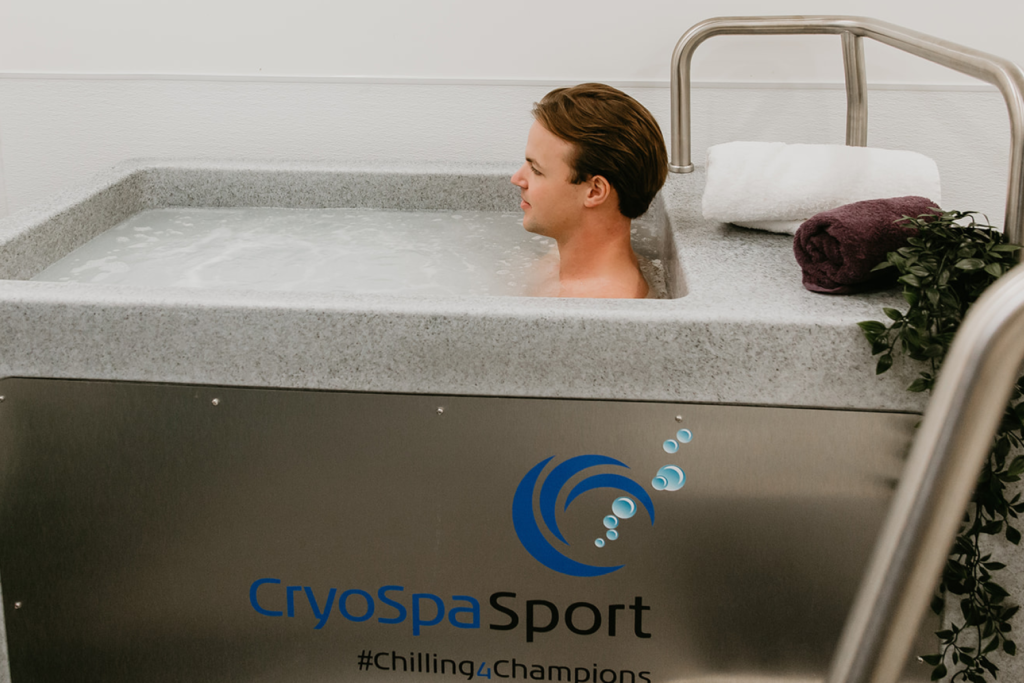Sports injuries are a common occurrence among athletes and can range from minor sprains to more serious fractures or tears. These injuries not only cause physical pain but also disrupt an athlete’s training and performance. However, with proper rehabilitation through sports injury physiotherapy, athletes can maximize their recovery and return to the game sooner and stronger than before.
Understanding Sports Injuries
Most sports injuries are a result of overuse, direct impact or forceful movements that put excessive strain on the body. This can cause damage to muscles, tendons, ligaments, and bones. Some common types of sports injuries include:
- Sprains: Stretching or tearing of ligaments, commonly in the ankle, knee, or wrist.
- Strains: Overstretching or tearing of muscles and tendons, often in the hamstring or groin.
- Fractures: A break in a bone due to excessive force.
- Dislocations: When a bone is forced out of its normal position in a joint.
- Tendinitis: Inflammation of a tendon due to repetitive use or overuse.
The Role of Physiotherapy in Sports Injury Recovery
Physiotherapy plays a crucial role in sports injury recovery by promoting healing, reducing pain and swelling, restoring range of motion, and preventing future injuries. Here are some ways that physiotherapy can help athletes recover from sports injuries:
- Injury assessment and treatment plan: The first step in any physiotherapy treatment is a comprehensive assessment of the injury. A physiotherapist will evaluate the affected area, identify the cause of the injury, and develop an individualized treatment plan.
- Manual therapy: This involves hands-on techniques such as massage, joint mobilization, and stretching to help improve circulation, reduce muscle tension, and promote tissue healing.
- Exercise prescription: A physiotherapist will prescribe specific exercises to be done out of clinic that will strengthen weak muscles, improve flexibility, and restore normal movement patterns.
- Modalities: These include techniques such as ultrasound, electrical stimulation, and hot/cold therapy to aid in pain relief and promote healing.
- Education and prevention: A physiotherapist will educate the athlete on proper body mechanics and techniques to prevent future injuries. They may also provide tips for maintaining fitness during the recovery process.
- Return to sports plan: Once the injury has healed, a physiotherapist will work with the athlete to develop a gradual return to sports plan. This plan ensures that the athlete is fully recovered and ready to safely resume their sport.
Additional Benefits of Physiotherapy for Athletes
Apart from helping athletes recover from injuries, physiotherapy also offers additional benefits:
- Improved performance: Athletes who regularly incorporate physiotherapy into their training regimen are able to prevent injuries and address any underlying muscle imbalances or weaknesses. This leads to improved performance and helps them reach their full potential.
- Injury prevention: By identifying any weak areas in an athlete’s body and addressing them through exercises, physiotherapy can help prevent future injuries. This allows athletes to stay on top of their game and avoid setbacks caused by recurring injuries.
- Faster recovery: Physiotherapy techniques such as manual therapy and modalities help promote tissue healing and reduce pain, leading to a faster recovery time for athletes. This allows them to return to their sport sooner and get back on track with their training.
- Customized training programs: Physiotherapists can tailor exercise programs based on an athlete’s specific needs and goals. These programs not only aid in injury prevention and recovery but also help improve athletic performance by targeting areas that need improvement.
- Mental resilience: Injuries can take a toll on an athlete’s mental health and confidence. Physiotherapists not only help athletes physically but also provide emotional support and motivation during the recovery process. This helps build mental resilience, which is crucial for success in sports.
- Long-term health: By addressing injuries and imbalances early on, physiotherapy can help athletes maintain their long-term health and prevent chronic pain or conditions in the future. This allows them to continue participating in sports and activities they love for years to come.
- Improved overall wellness: Physiotherapy not only focuses on treating injuries but also promotes overall wellness. Through education on proper body mechanics, posture, and nutrition, athletes can improve their overall health and well-being, leading to better performance on and off the field.

Other Forms of Sport Recovery
Along with physiotherapy, there are a variety of effective treatments available to help improve your recovery. Other treatments include cryo-spa cold therapy, infrared sauna, and NormaTec Compression.
Cryo-Spa Cold Therapy
Cryo-spa cold therapy involves immersing the body in cold water for a brief period to trigger physiological responses like vasoconstriction, reducing inflammation, relieving muscle soreness, and accelerating recovery post-exercise. It’s a popular method among athletes for its ability to quickly rejuvenate the body and enhance performance.
Infrared Sauna
Infrared saunas harness infrared light to produce a dry, therapeutic heat, offering similar benefits to traditional saunas but at lower temperatures.
This heat stimulates increased blood circulation, mimicking the effects of exercise, aiding in relieving inflammation, stiffness, and soreness, and promoting faster recovery by relaxing muscles and enhancing the removal of metabolic waste products.
NormaTec Compression
NormaTec compression therapy utilizes dynamic compression technology to improve circulation and lymphatic flow in the limbs. This helps reduce muscle fatigue, soreness, and swelling, enhancing recovery by delivering targeted pressure to areas needing attention.
Unlock Your Athletic Potential With Recovery Lab
Physiotherapy plays a crucial role in the world of sports. Its benefits go beyond just treating injuries and can greatly enhance an athlete’s performance, both physically and mentally. By seeking the guidance of a physiotherapist, athletes can stay at the top of their game and achieve their full potential without being hindered by recurring injuries.
At Recovery Lab, our team of experienced physiotherapists understand the unique needs of athletes and are dedicated to helping them reach their goals. From injury prevention to rehabilitation and performance enhancement, we offer various services tailored to each client.
So whether you’re a professional athlete or someone who just loves staying active, consider incorporating physiotherapy into your training regime for improved overall wellness. Book an appointment with us today and let us help you stay at the top of your game!



